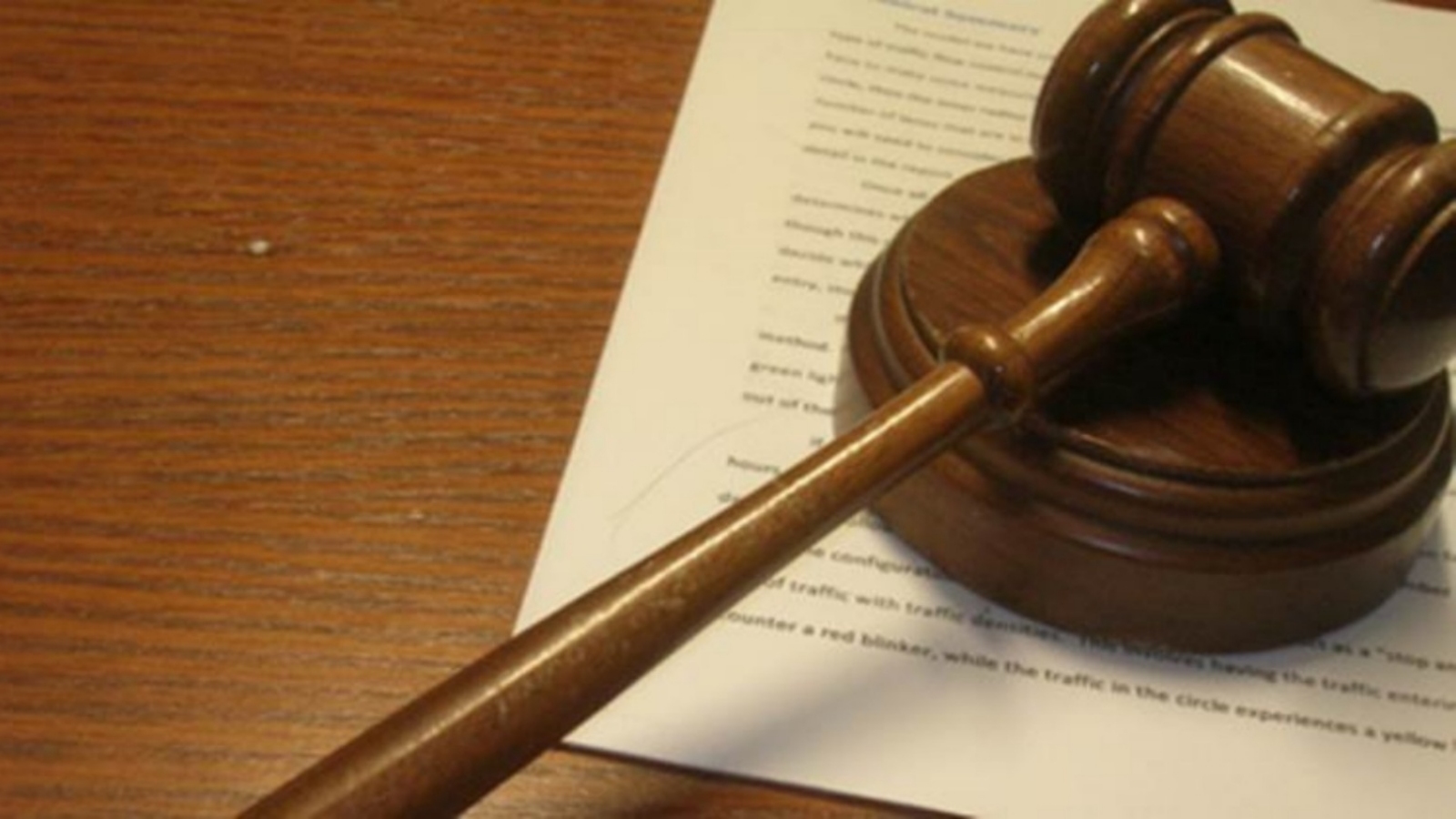UP to allow doctors, cops to give evidence virtually in courts | Lucknow News
To reduce the pendency of cases in the courts of Uttar Pradesh, the state Prosecution Department is planning to put a new system in place wherein government officers, mostly policemen and doctors, will be able to record evidence virtually in pending court cases. For this, the state government is gearing up to build infrastructure in districts to have a central computerised system where police officers and doctors can go and record evidence in the office of the Joint Director of the Prosecution Department, for speedy proceedings in the courts.
Explaining the initiative, UP Additional Director of Police (Prosecution) Dipesh Juneja said, “There is a huge pendency of cases in district courts. What happens is that police officers who work in the capacity of investigating officers and doctors in medico-legal cases have to routinely go to district courts to record evidence. The issue with this is that they are regularly transferred from one district to another across the state. Now, because of the geographic size of Uttar Pradesh, it becomes difficult for these officers to physically go to district courts. For example, one officer who was posted in west UP and investigated a case there gets transferred to east UP. Now that officer has to take leave, travel all the way to the district where he was posted in the past. This results in loss of manpower and also requires huge amounts of funds for travel, lodging etc. The same is for government doctors. We plan to have a centralized system where the officer or doctor can go and do it virtually through a computerized system. This will help us ensure speedy trials in cases, and also, save money.”
By the beginning of June, the Prosecution Department hopes to launch the initiative in five districts — Lucknow, Prayagraj, Varanasi, Noida, Barabanki, and Varanasi.
“Once the system is operational in these five districts, we will extend it to other districts as well. In the future, we hope that common people can also give statements to courtrooms remotely from these computerised offices,” said Juneja. So far, all investigating officers and doctors who are a part of any investigation are required to be present in court to record evidence for the court to start the trial in any case.
Explaining the need for the new system, Joint Director (Prosecution) Atul Kumar Ojha said: “Once an officer retires, he or she is not willing to go to a different district to record evidence. It is a lengthy process for them to get allowances. This system will allow them to do it from wherever they are based after their retirement. We routinely come across cases which have been pending for close to a decade because of delays due to these issues. We hope to reduce the pendency of cases with this new system.” “This will also reduce the financial burden of the police department and government. We plan to appoint one coordinating officer at the Joint Director’s office in each district who will be in charge of this system,” he added.
No Byline Policy
Editorial Guidelines
Corrections Policy
Source
